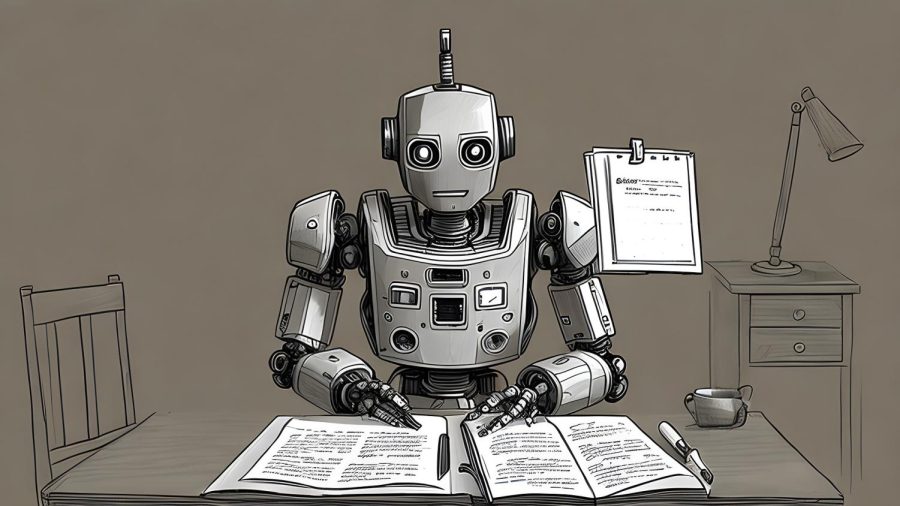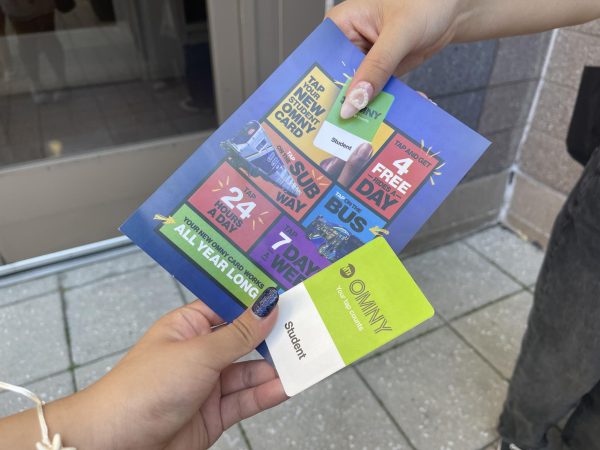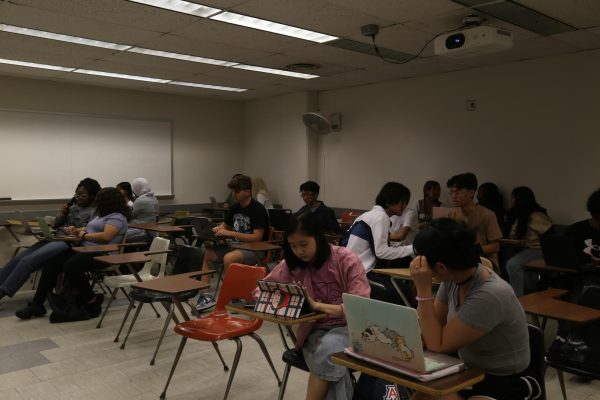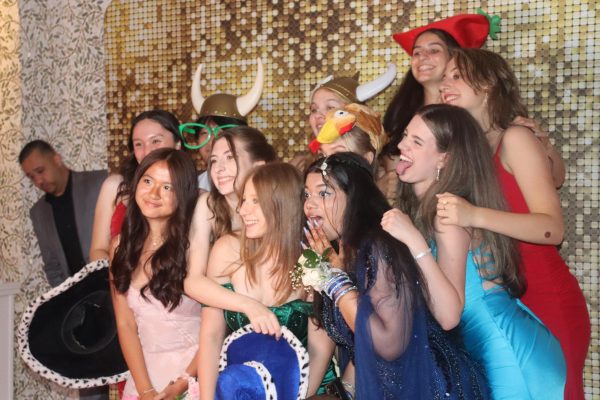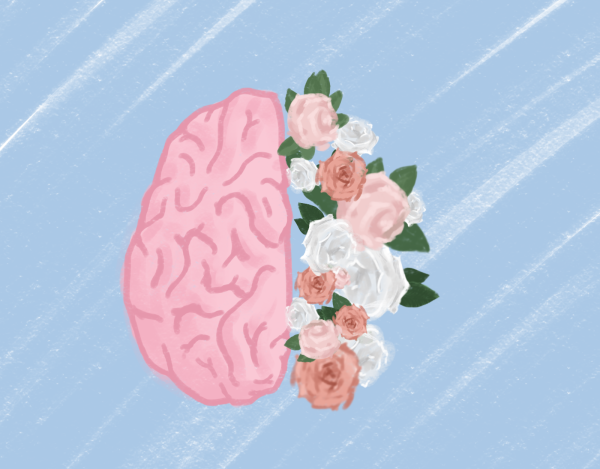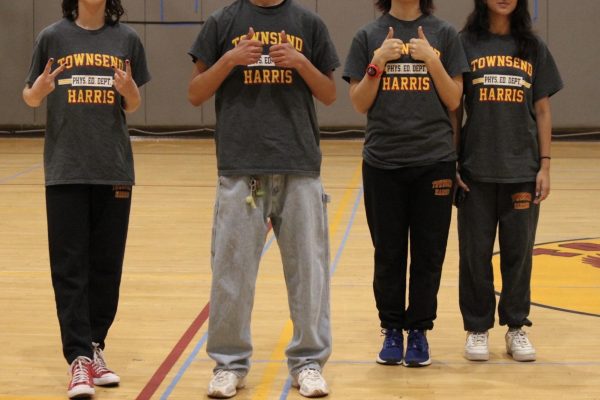OPINION: Artificial intelligence raises alarm about cheating, calling for changes in education
Photo courtesy of Pixabay Images
The rise of artificial intelligence usage causes concern amongst many.

Following a sudden outburst of artificial intelligence technology, concerns over the future of learning loom large. Policymakers, educators, and administrators grappling with yet another education conundrum must call traditional education into question and put alternative learning models to the test.
When it comes to unsettling AI, one bot seems to top the list: OpenAI’s ChatGPT.
Making its debut just four months ago, ChatGPT has schools on high alert, with many believing the bot’s impressive text generation abilities could trigger a “cheating epidemic.” This turns out to be not far from reality—over one in four teachers have caught students using ChatGPT to cheat.
Some policymakers and educators are advocating for strident measures such as system-wide bans, while others are leaning on AI-detection tools. However, any response that seeks to avoid the unavoidable or nab those engaged with it should be met with overwhelming skepticism. A mere workaround will not suffice because the “AI-powered essay” is not the first form of cheating that has plagued the “student condition,” nor will it be the last.
Some will be quick to attribute a student’s dishonesty to moral failure, but unless most of America’s youth is morally corrupt, this argument is untenable. While almost every upsurge in cheating is accompanied by a fresh gambit (like virtual learning), absent from these storms are attempts to scrutinize the traditional education model. The latest gambit, however, artificial intelligence, with its awe-inspiring capabilities, may be the first to lift the system’s veil for everyone to see. The reason why is simple: with the opportunity to cheat becoming “easier than ever,” stakeholders are dealing with larger questions about what may become of education when more powerful AI cascades down its back.
In a recent survey conducted by The Classic, one student said they used the bot to save time, cut down on “busy work,” and bypass tasks requiring “less critical thinking.” Students’ desires to engage critically in learning are undermined by a perceived emphasis on busy work, which often results in students tapping into shortcuts to complete assignments. The education system today may not be prioritizing the values that are most influential in students’ learning experiences. A focus on critical thinking, creativity, and problem-solving falters in a model that values learning the facts. If what matters in education is a student’s ability to memorize, then alongside bots like ChatGPT, which are trained on more information than a student will ever learn, a surge in cheating and a loss of learning may unceremoniously unfold. AI technology is only a threat to education if stakeholders ignore the threat the education system itself poses to meaningful learning.
But even while educators are taken aback by AI, some are realizing the urgency of reevaluating their own teaching models. Stakeholders should aim to elevate the focus on knowledge transformation rather than knowledge retention. The ability to remember information is still important, but against the seemingly unparalleled knowledge bases which many AI bots boast, it is now reduced to a small facet of effective learning. Educators can design assignments that require students to apply skillsets that move beyond memorization and towards higher-order thinking.
However, thoughtfully changing the education enterprise should not only be a call for introducing assignments that AI cannot easily replicate, but also for a focus on learning experiences that students would not want to tarnish by relying on bots or other forms of cheating. Unless educators and policymakers revamp current approaches to learning, education may likely see threats far worse than a legion of sophisticated chatbots. Only if we are willing to challenge the limits of tradition and strive for change can education see a future where learning may thrive.
Your donation will support the student journalists of The Classic. Your contribution will allow us to purchase equipment, support our extracurricular events, celebrate our staff, print the paper periodically, and cover our annual website hosting costs.
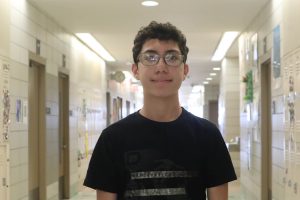
Michael is a senior at Townsend Harris High School. As an opinion editor for The Classic, he has covered topics ranging from artificial intelligence to...


























